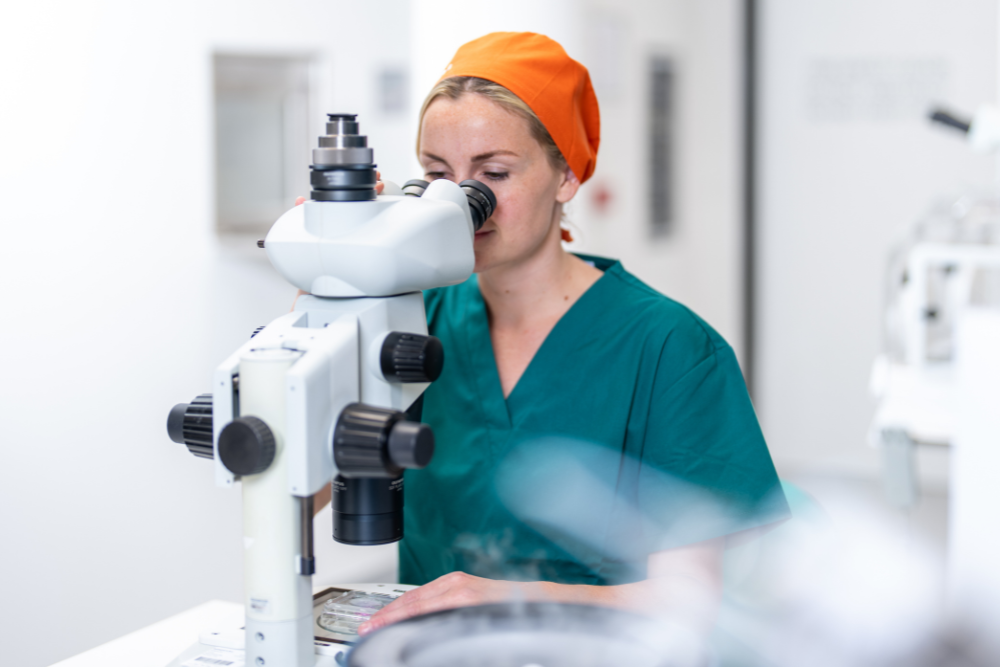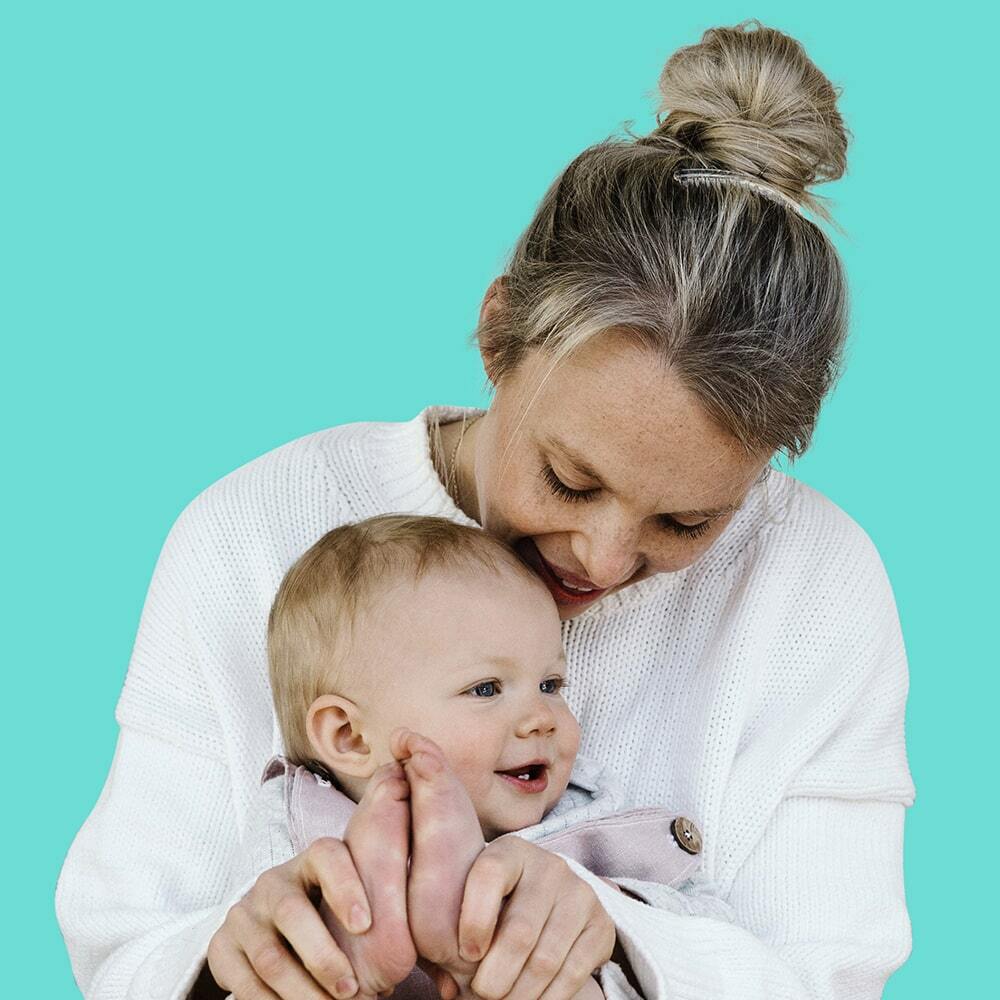Best Age for Egg Freezing: Scientific Data & Success Rates by Age
8 September 2025

8 September 2025

The answer isn’t straightforward, but rather a combination of an individual’s personal circumstances and the biology of fertility. To help guide you, we’ll share what the science tells us about the optimal age to freeze your eggs, backed by research and success rate data. Whether you’re in your 20s, 30s, or 40s, understanding how age affects your fertility can help you make an informed choice about your future.
For more information on fertility preservation, explore our egg freezing services or book a complimentary nurse chat.
From a purely biological perspective, the best age to freeze eggs is from your mid-20s to early 30s, when egg quantity and quality are at their peak.
Studies consistently show that egg quality — which reflects the proportion of genetically normal (euploid) eggs — declines as a woman ages. According to the American Society for Reproductive Medicine (ASRM), the chance of live birth from frozen eggs is highest when eggs are retrieved between age 25 - 30.
That said, the best age depends equally on your personal circumstances. If you’re not ready to conceive now but want to maximise your future options, freezing in your late 20s or early 30s offers the greatest likelihood of success.
However, many women don’t consider egg freezing until their mid-30s. While success rates at this age are lower than in younger women, freezing still provides a valuable opportunity for future parenthood.
Age affects both the quantity of eggs retrieved and their quality. Women are born with all the eggs they will ever have, and both the number and health of those eggs decline over time.
In your 20s, you may produce more eggs in a single stimulation cycle, and a higher proportion of those eggs will be chromosomally normal. By your mid-30s, the ovarian reserve (number of available eggs) begins to decline more rapidly. After age 37, both egg quantity and quality decrease significantly.
A large study published in Fertility and Sterility reviewed thousands of egg freezing cycles and found that women who froze their eggs before 35 had live birth rates of approximately 50–60% if they thawed and used their eggs later. For women freezing eggs between 36–39, the rate was closer to 30–40%. After age 40, success rates dropped below 20%.
There are clear advantages to freezing eggs earlier:
Freezing your eggs younger doesn’t mean you’re committing to parenthood at a certain age; it simply gives you more flexibility and a better chance if you decide to pursue pregnancy later.
We understand that many women don’t feel the need to consider egg freezing until their mid-30s or beyond. At Monash IVF, we support women at every stage of their journey.
If you’re in your late 30s or early 40s, here are some things to consider:
Because there is such a rapid decline in egg quality after you turn 40, Monash IVF does not consider collecting eggs once you have turned 46. Doing so later in life can still preserve an opportunity for future pregnancy. However, we recommend a discussion with your fertility specialist about realistic expectations and how many eggs you might aim to freeze at your age to maximise your chances.
Egg freezing costs can vary depending on your age and ovarian response. Younger women often produce more eggs per cycle, which means they may only need one or two cycles to store an adequate number of eggs (often suggested to be at least 10–20 mature eggs).
Older women may require additional cycles to collect a similar number of eggs, which increases the overall cost. Keep in mind also that for a similar number of eggs at an older age, fewer births will be achieved.
At Monash IVF, we believe transparency is essential. We’ll work with you to create a personalised plan and discuss the likely number of cycles required at your age, as well as the associated costs.
For current pricing and to understand what’s included, take a look at our treatment costs.
No matter your age, the most important step is to speak with a fertility specialist as soon as you start thinking about egg freezing. Early consultation allows for:
At Monash IVF, we approach every conversation with compassion, honesty, and respect. The earlier you start the conversation, the more options you’re likely to have.
We’re here to help you understand your fertility, explore your options, and support you every step of the way — whenever you feel ready.

Wherever you are on your journey, one of our supportive nurse enquiry team members can help you understand your options and take the next step. These conversations are free and informative.